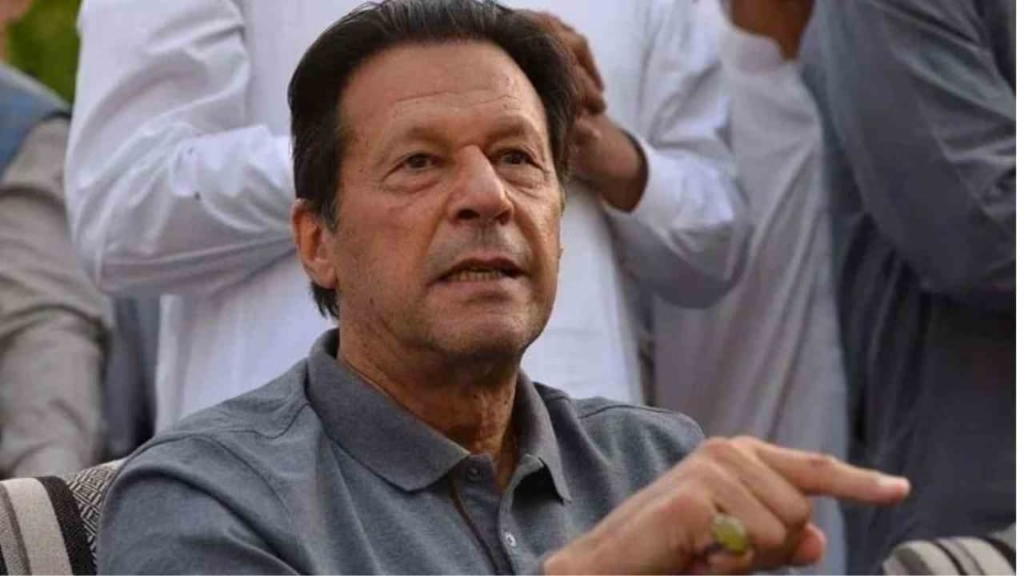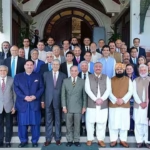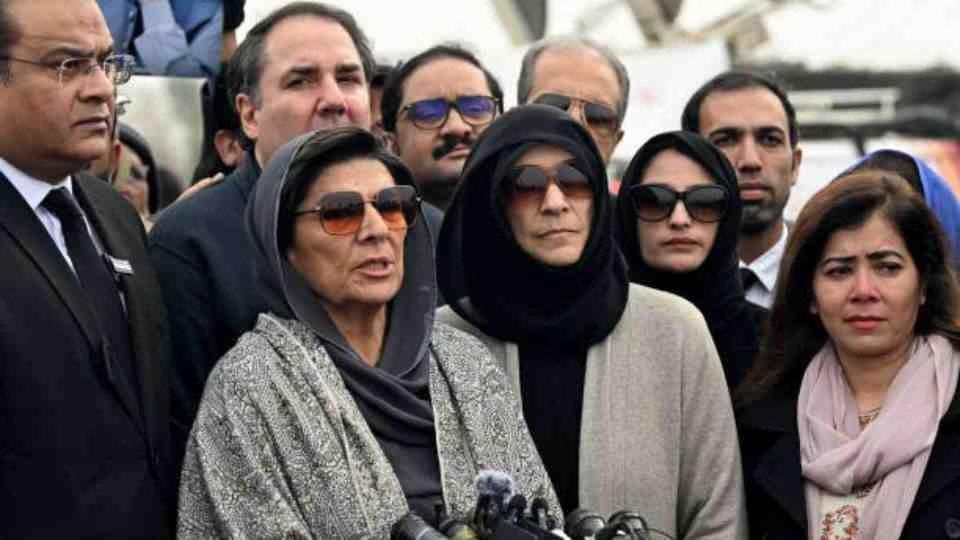Government Officials Express Confidence in Continued Detention
ISLAMABAD – Government authorities remain confident that former Prime Minister Imran Khan will not be released from prison in the immediate future, despite recent legal developments in his favor.
The Pakistan Tehreek-e-Insaf (PTI) celebrated a significant victory when the Supreme Court granted Khan bail in eight cases related to the May 9 incidents. However, government officials appear untroubled by this development, viewing the overall legal landscape as still favoring Khan’s continued detention.
While PTI supporters and party leadership maintain hope for their founder’s swift release, those in government circles hold a markedly different assessment of the timeline ahead.

Judicial Backlog Creates Extended Timeline
The primary obstacle to Khan’s freedom lies in the judicial system’s established priorities and substantial case backlog. According to the Islamabad High Court’s (IHC) public statements, appeals from Khan and his wife Bushra Bibi challenging their Al-Qadir Trust case convictions will not be heard until next year.
This delay stems from the National Judicial Policy Making Committee’s directive establishing clear hierarchies for appeal hearings, which places Khan’s case lower on the priority scale.
Statistical Reality of Court Delays
Current IHC records reveal the scope of the judicial backlog: 279 criminal appeals await hearing, distributed across severity categories:
- 63 death sentence appeals (highest priority)
- 73 life imprisonment appeals (second priority)
- 88 appeals with sentences of seven years or more (including Khan and Bushra Bibi’s cases)
- 55 appeals for sentences under seven years (lowest priority)
Khan’s 14-year sentence in the Al-Qadir Trust case places him in the third priority group, behind more severe cases that have been pending longer.
Strict Queue System Prevents Fast-Tracking
The IHC operates under a rigid scheduling system that prevents any case from bypassing others. The oldest pending case—a death sentence appeal from 2017—still awaits its hearing, illustrating the inflexible nature of the court’s chronological approach.
The registrar’s office maintains this queue based on filing dates, with no provisions for expedited hearings outside the established priorities.
Policy Framework Reinforces Delays
The National Judicial Policy Making Committee’s December 2022 decision, implemented through the IHC’s February 2023 “Fixation Policy,” explicitly prioritizes older cases with more severe sentences. The committee specifically directed high courts to expedite cases involving:
- Appeals pending more than two years for convicts and unconfirmed death row prisoners
- Special bench formation for cases pending over five years, to be resolved within two months
Since Khan’s appeal was filed on January 31, 2025, it falls well outside these expedited categories.
Government’s Strategic Calculation
With this judicial framework in place, government sources anticipate that several other cases against Khan will reach resolution before his Al-Qadir Trust appeal receives its hearing at the IHC. This sequential progression effectively extends his potential detention period regardless of individual case outcomes.
The convergence of judicial policy, case backlog, and systematic prioritization creates what government officials view as a favorable environment for maintaining Khan’s imprisonment, despite PTI’s recent legal victories.






